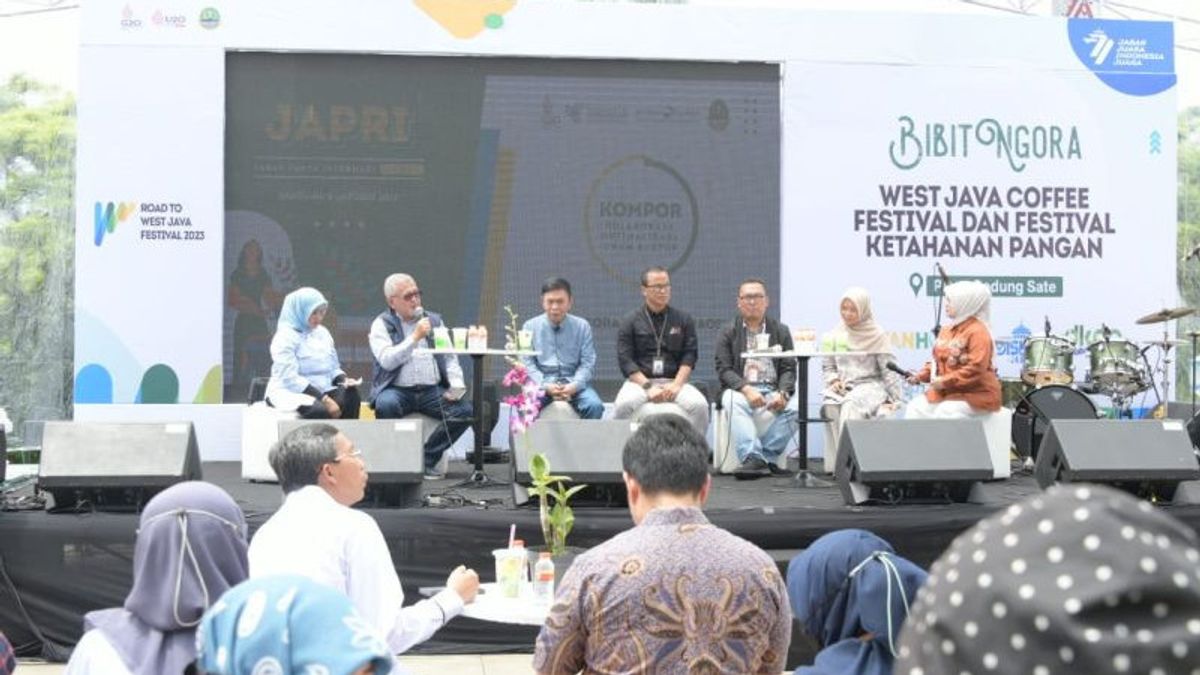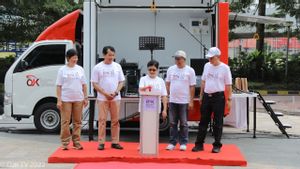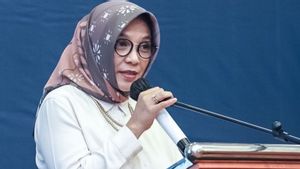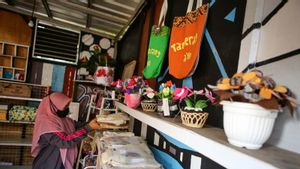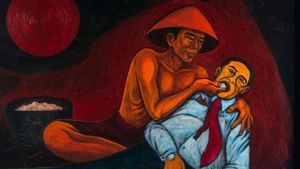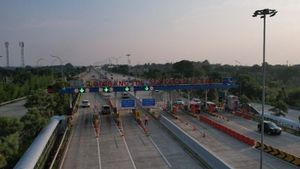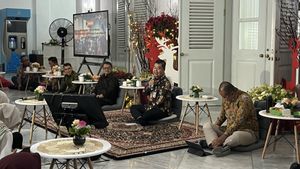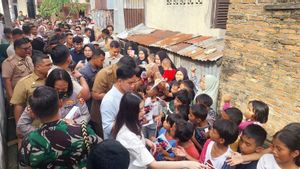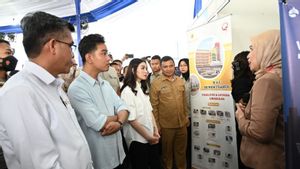BANDUNG - The Industry and Trade Office of West Java Province initiated the Kompor program (Collaboration for Optimizing Export MSMEs) to provide independent export insights to farmers and MSME actors.
"We want to encourage the export potential of MSME products in West Java, increasing the percentage of exports from MSMEs. So that we have a Kompor", said Head of the West Java Province Industry and Trade Office Iendra Sofyan in a press statement quoted by Antara, Sunday, October 9.
The Kompor Program was launched in the West Java Have Information (Japri) session at the Road to West Java Festival 2023 event at Gedung Sate, Bandung City.
Iendra said that West Java's exports had so far been dominated by products and big businessmen reaching 98 percent. The rest, or 2 percent, is exported by SMEs.
"Obviously it is necessary to collaborate with every OPD, not just the Disindag. With the agriculture office to improve product quality and quantity, with the MSME service for export development and other agencies. Including the central and regional governments", he said.
Iendra said that MSME players were very enthusiastic about the Kompor program. They admitted that they really needed assistance, especially export training.
Some things that need to be considered by MSMEs to reach the export level are 1A + 4K, namely administration + quality, quantity, continuity, and packaging.
"We will help with administration, quality, quantity, continuity, and packaging or 1A + 4K", he said.
VOIR éGALEMENT:
So far, many MSME products and West Java farmers' commodities have been sent abroad but still through exporter services.
MSME actors and farmers must have the ability to export independently without having to go through high-cost exporter services so that farmers and MSME actors can enjoy greater profits.
For this reason, training and capacity building for MSMEs is needed, and this is the responsibility of not just one local government or agency, but all stakeholders.
Meanwhile, the Head of the West Java Plantation Service, Jafar Ismail, added that the West Java plantation area reached 470 hectares, of which 89 percent belonged to the people, 11 percent were state plantations, and the rest was managed by the private sector.
This means that many plantations are owned by the people, but on the other hand, production still needs to be increased.
"Last month there were coffee farmers who could export directly, previously through exporters. This means that MSMEs have started to have the ability to export independently", he said.
However, said Jafar, the number is still small. There are still many farmers and MSME actors who need assistance, especially export training.
Not only coffee plantation products, but tea, vanilla, coconut, and others. In addition, they also need training on pest management and product quality.
The English, Chinese, Japanese, Arabic, and French versions are automatically generated by the AI. So there may still be inaccuracies in translating, please always see Indonesian as our main language. (system supported by DigitalSiber.id)
